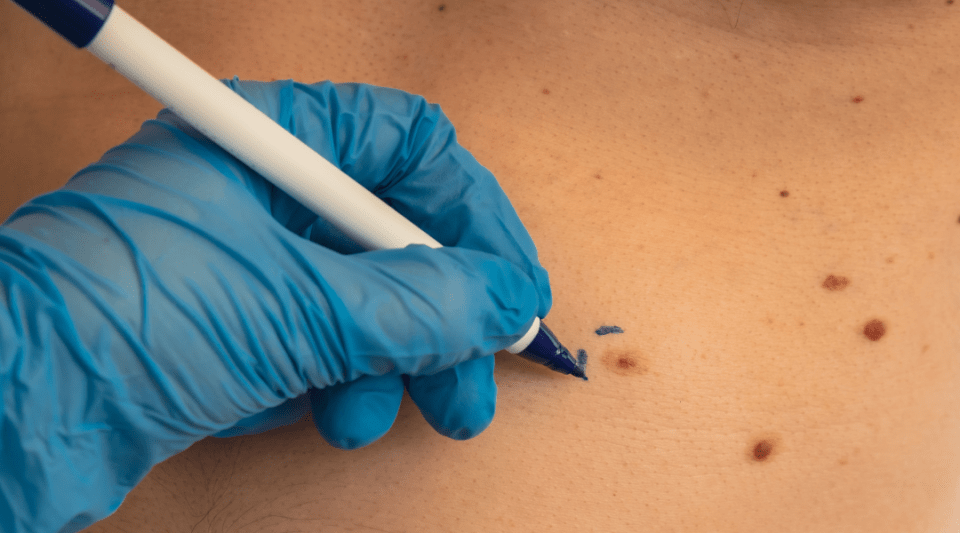Proton Pump Inhibitor (PPI) drugs, which include omeprazole, lansoprazole, pantoprazole, rabeprazole and esomeprazole, are one of the most prescribed groups of medications in Spain. In fact, one in ten people are estimated to take a PPI every day in our country. However, despite being one of the most common drugs taken, errors are often made during their use.
PPIs act by inhibiting stomach acid, and their use should be limited to certain medical indications. Among the main indications for outpatient use are the treatment of gastric and duodenal ulcer, Zollinger-Ellison syndrome, during the eradication of Helicobacter pylori bacteria and gastro-oesophageal reflux disease, among others.
However, it is estimated that 50-70% of PPI treatments are inappropriate in terms of indication, dosage or treatment duration. Thus, the duration and indication of PPIs must be periodically reviewed by a doctor. The dose taken must also be considered. Only in exceptional cases is the use of PPI at high doses required; generally, the standard doses are adequate, thus minimising possible side effects.
Some common mistakes…
One of the most common mistakes is taking a PPI with food, since this reduces the effect of the drug. PPIs should be taken on an empty stomach, ideally at least 30 minutes before the first meal, to achieve maximum effect by inhibiting most proton pumps.
If your doctor considers withdrawing the PPI, it must be taken into account that there may be a rebound effect of acid hypersecretion and a temporary worsening of symptoms. To prevent this, withdrawal should be gradual; by reducing the PPI dose or increasing the dosage interval and including the use of antacids as needed.
Currently, there is a lot of talk about possible adverse effects of PPIs. However, PPIs are generally safe drugs with few and mostly mild adverse effects. The most common are headache, constipation, diarrhoea, dyspepsia and skin rashes.
Medical prescription
To enhance their effectiveness and reduce possible adverse effects, PPIs should not be used without a medical prescription. There are possible interactions of PPIs with other frequently prescribed drugs, such as levothyroxine, digoxin, benzodiazepines and antiretrovirals. For this reason, they must be prescribed by healthcare professionals who will inform the patient about possible drug interactions.
In conclusion, PPIs are very safe drugs with few, mostly infrequent and mild, adverse effects. However, it is essential that PPIs are prescribed by a doctor and used for the indications established. Furthermore, their use must be re-evaluated periodically, taking into account their risks and benefits. If suspension is considered, a phased and controlled withdrawal must be carried out.






